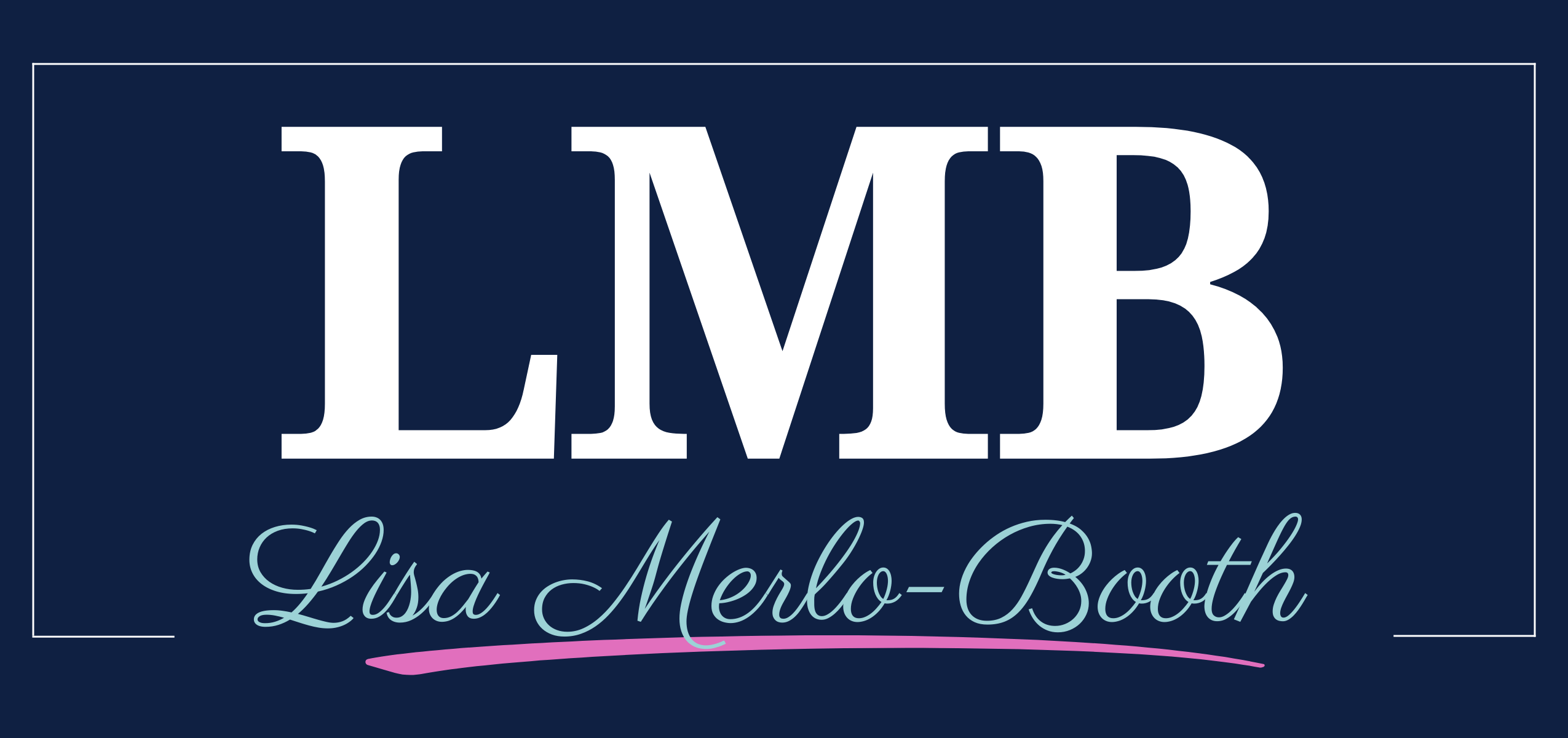 “Managing conflict can build connection or destroy it; be sure it’s building it.” ~Lisa Merlo-Booth
“Managing conflict can build connection or destroy it; be sure it’s building it.” ~Lisa Merlo-Booth
Managing feedback and conflict is a tremendous problem for many people today. This struggle makes sense, given that few role models exemplify this skill. The sad truth is that without learning to master conflict, you’re doomed to experience endless frustration, disconnection, and unnecessary struggle.
If you’re like most people regarding conflict, you likely fall into one of the following camps:
- You avoid conflict like the plague, believing that not talking about issues will somehow make those issues go away.
- You get easily reactive to feedback or conflict and shut others or yourself down.
- You quickly become defensive using one of many defensive maneuvers such as: explaining, distracting, dismissing, blaming, etc.
All of the above responses intensify conflict.
- Avoiding conflict sends problems underground and rots the foundation of your relationship, team, or company.
- Reactivity leads to others feeling unsafe around you or fearing that you’re too fragile to manage feedback healthily. As a result, of your reactivity, people will walk on eggshells around you and pretend things are fine when they aren’t.
- Exhibiting a pattern of defensiveness leads people to also walk on eggshells around you, believing that the interaction will be frustrating at best and utterly hopeless over time. Consequently, they will also stop talking about any problematic issues.
When it comes to conflict, the irony is that the only way to resolve upsets successfully is to step into them—with courage, compassion, and a grounded powerful strength. When you master this skill, conflict becomes a powerful pathway to connection rather than a guaranteed rift.
Challenge: Pay attention to how you manage conflict in your home, work, and world. If you’re falling into one of the three camps above, take steps to change your pattern. Conflict is inevitable, and learning to master this skill is a game-changer.

